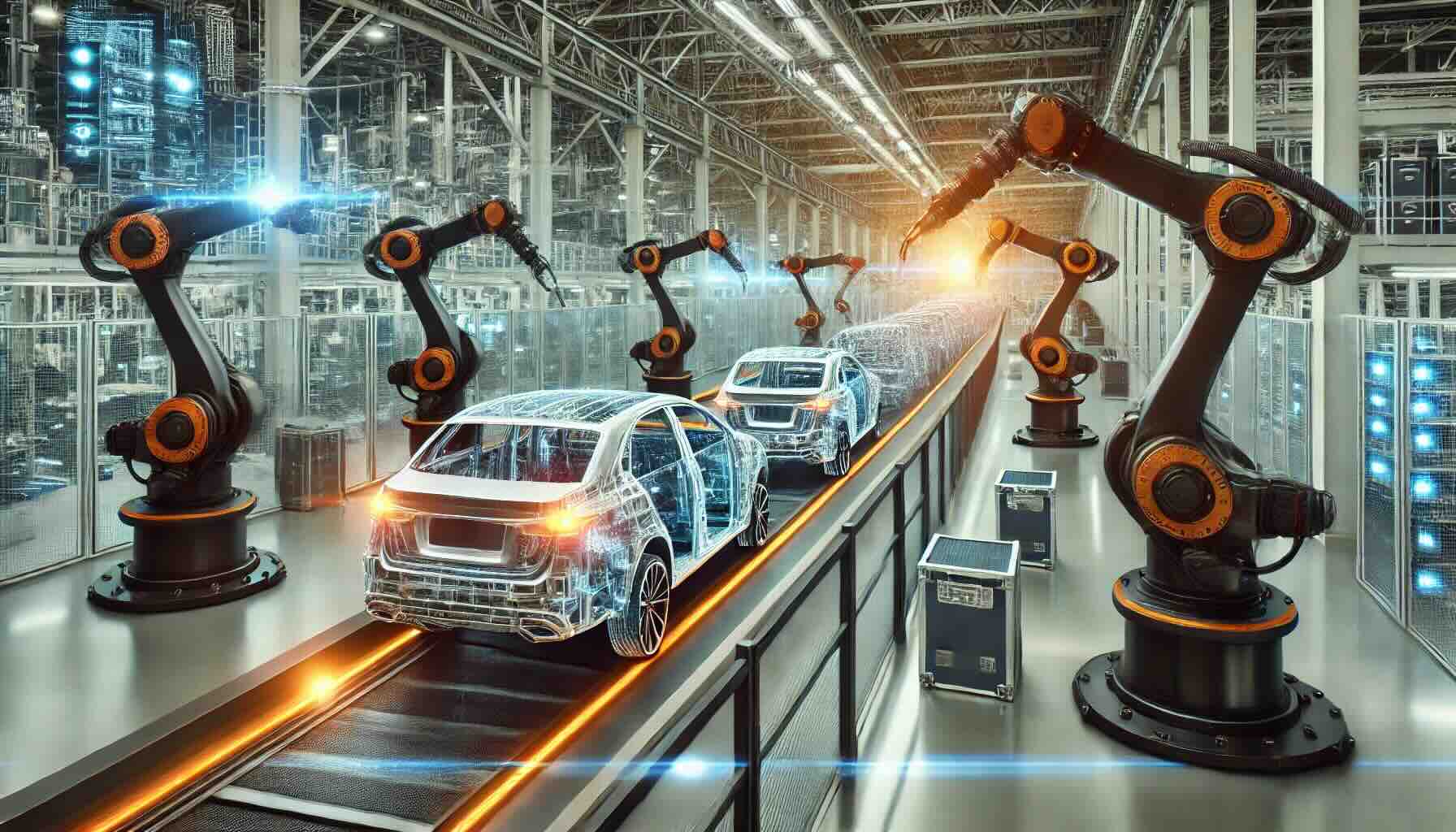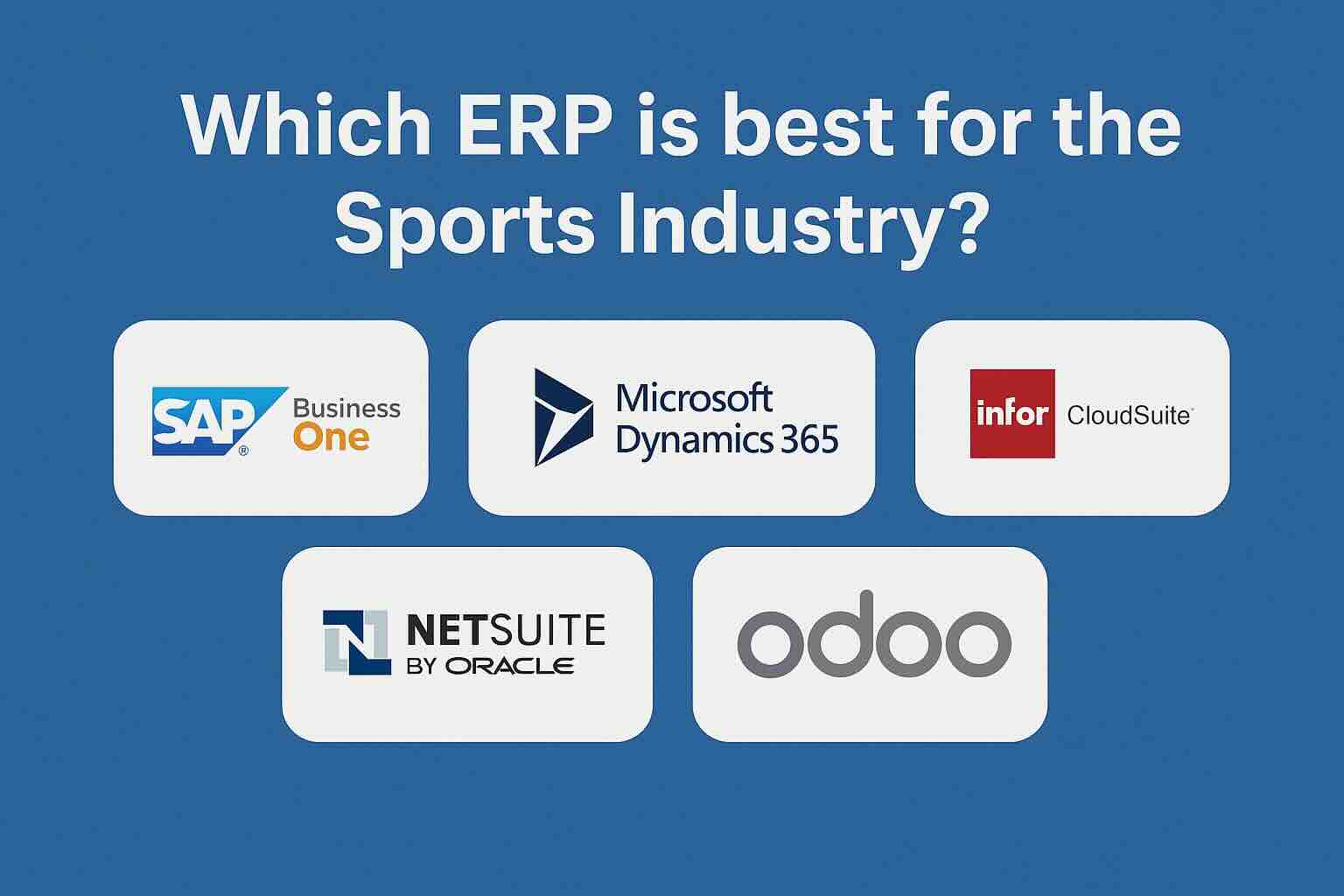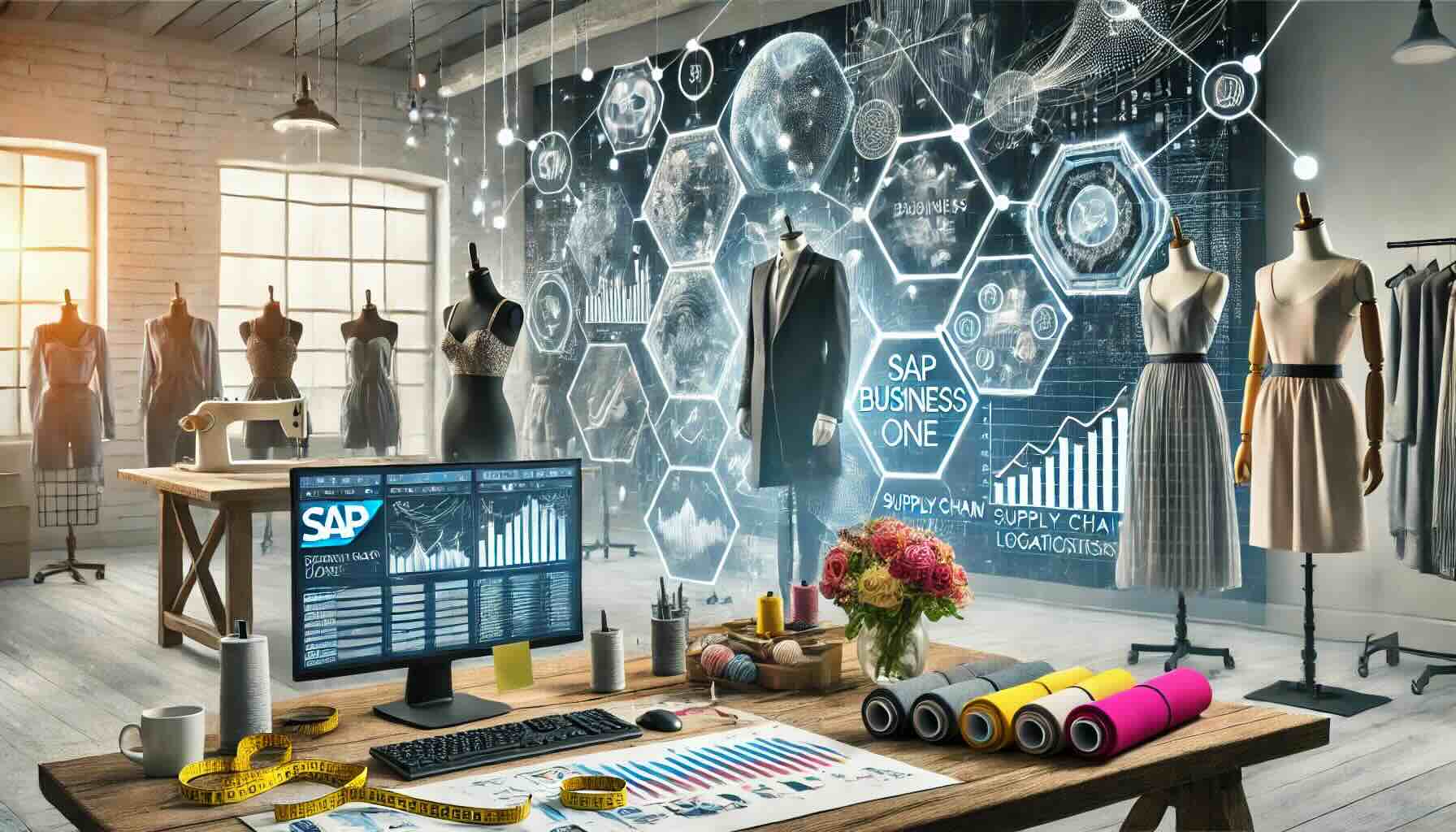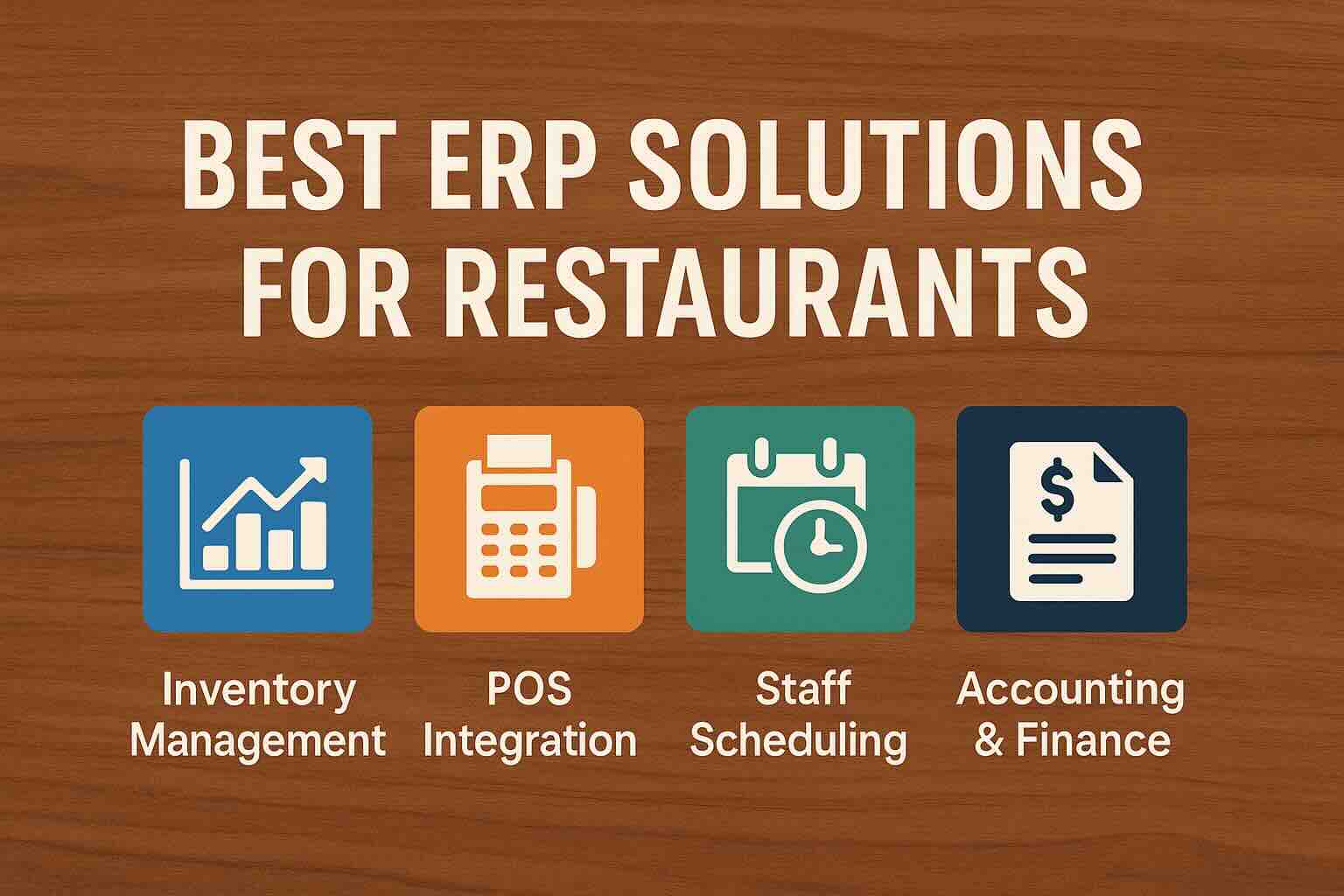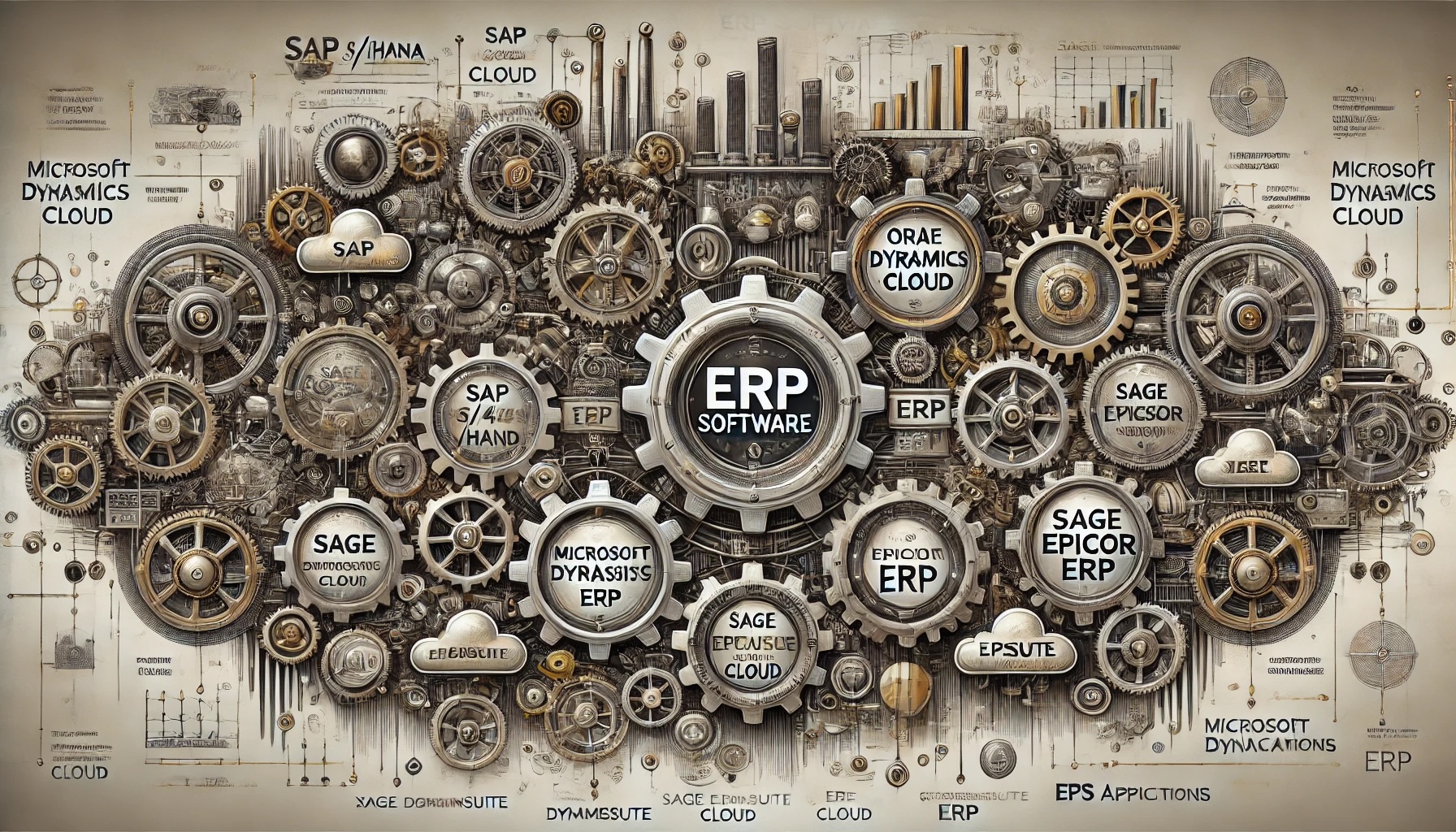ERP vs QuickBooks for Manufacturing: Which Is Right for Your Business?
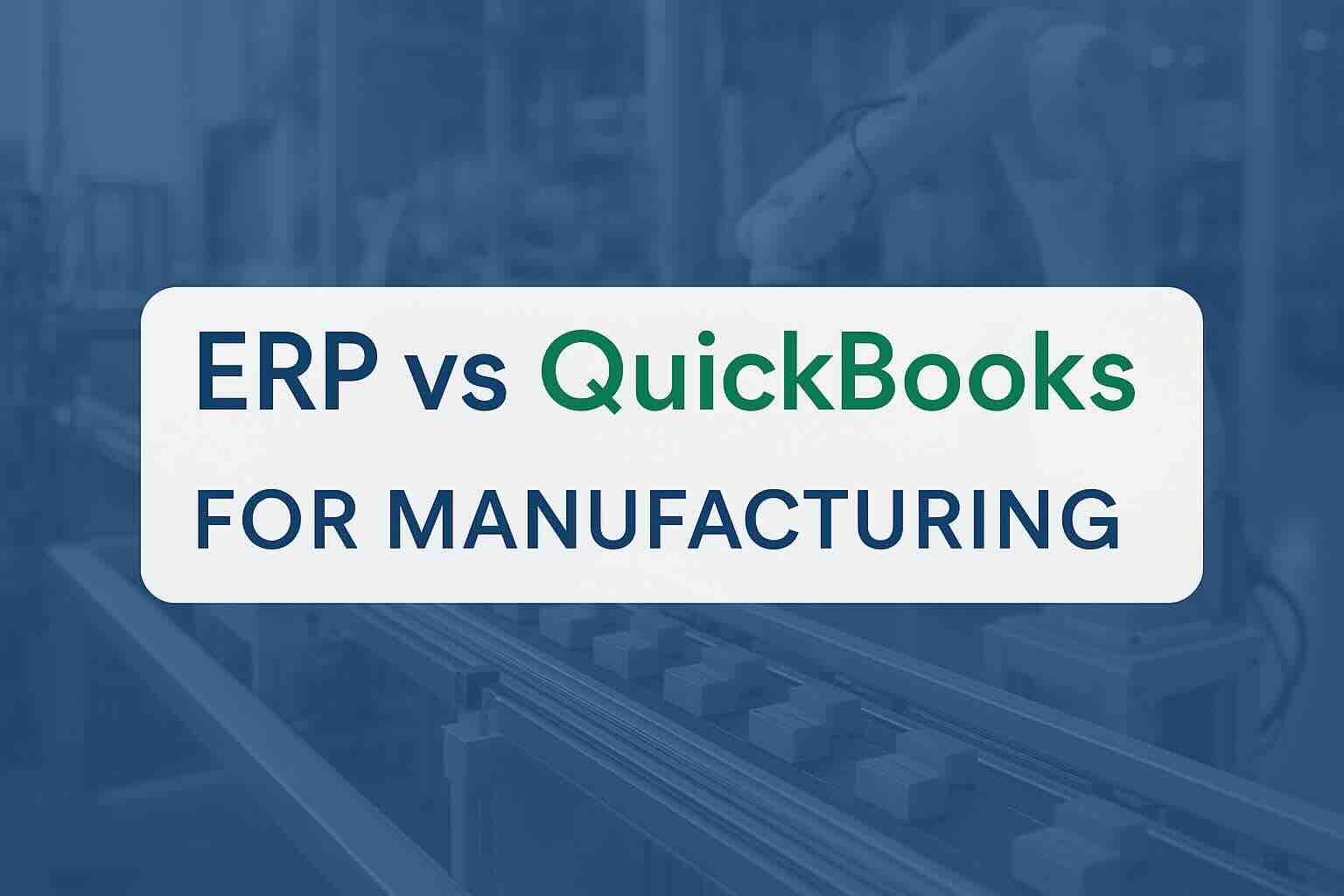
If you’re running a manufacturing business, choosing the right software can make or break your operations. Two of the most common solutions you’ll hear about are ERP systems and QuickBooks. But how do they really compare? Let’s break down ERP vs QuickBooks for manufacturing so you can decide which is best for you.
What Is QuickBooks?
One of the most popular accounting software tools for small and mid-sized businesses, QuickBooks is well-known for:
-
Invoicing and billing
-
Expense tracking
-
Financial reporting
-
Payroll management
Primarily an accounting system, it can handle basic inventory needs. However, it wasn’t designed for the complexities of manufacturing.
What Is an ERP System?
ERP (Enterprise Resource Planning) software is a suite of integrated applications that manage the entire business. For manufacturers, ERP typically includes:
-
Advanced inventory management
-
Production planning and scheduling
-
Bill of Materials (BOM) management
-
Shop floor control
-
Quality assurance
-
Supply chain management
-
Financials and accounting
As a result, ERP systems give you a single, integrated view of operations—ideal for managing manufacturing complexity.
ERP vs QuickBooks for Manufacturing: Feature Comparison
Let’s dive into how these systems stack up in key areas for manufacturers.
1. Inventory Management
-
QuickBooks: Supports basic inventory tracking, such as quantities on hand, average cost, and simple reorder points. However, it struggles with serialized inventory, lot tracking, or multi-location management.
-
ERP: Handles raw materials, WIP (work-in-progress), finished goods, multiple warehouses, lot tracking, serial numbers, and real-time inventory visibility across the supply chain.
Verdict: ERP wins for advanced inventory control.
2. Production Planning and Scheduling
-
QuickBooks: Offers no built-in production planning tools. Therefore, manufacturers typically rely on spreadsheets or manual methods.
-
ERP: Includes production scheduling, resource allocation, work orders, capacity planning, and even drag-and-drop scheduling.
Verdict: ERP is essential for managing production complexity.
3. Bill of Materials (BOM) Management
-
QuickBooks: Supports simple assemblies but lacks multi-level BOMs, revisions, or detailed routing steps.
-
ERP: Fully supports complex, multi-level BOMs, revisions, routing, subcontracted operations, and detailed costing.
Verdict: ERP is far superior for BOM management.
4. Shop Floor Control
-
QuickBooks: Offers no shop floor tracking. As a result, you can’t monitor labor hours, machine utilization, or production status in real time.
-
ERP: Tracks production progress on the shop floor, integrates with barcode scanners and IoT devices, and enables real-time updates.
Verdict: ERP delivers the visibility manufacturers need.
5. Quality Management
-
QuickBooks: Includes no built-in quality control features.
-
ERP: Often includes quality modules to manage inspections, nonconformances, corrective actions, and compliance requirements.
Verdict: ERP helps maintain consistent quality standards.
6. Financial Management
-
QuickBooks: Offers excellent accounting, invoicing, payroll, and reporting capabilities.
-
ERP: Includes accounting that’s often comparable or integrated with QuickBooks. However, it ties financials directly to inventory, production, and procurement in real time.
Verdict: Both are strong, but ERP offers better integration.
When Does QuickBooks Make Sense for Manufacturing?
For some small manufacturers, sticking with this accounting software can be a practical, cost-effective choice. It may be the right fit if your business:
-
Has very simple, low-volume production
-
Doesn’t require advanced scheduling or BOM management
-
Can manage production manually or with spreadsheets
-
Needs a low-cost, easy-to-use solution
This tool remains simple, familiar, and affordable. In fact, many small manufacturers use it successfully in their early stages before upgrading to a dedicated ERP system as their needs grow.
When Should Manufacturers Choose an ERP System?
ERP is the better choice if you:
-
Have complex or multi-level BOMs
-
Need advanced production planning and scheduling
-
Want real-time shop floor visibility
-
Manage multiple warehouses or locations
-
Require strict quality control and traceability
-
Plan to scale your manufacturing operations
In other words, ERP systems are purpose-built to handle the complexity of manufacturing and give you the tools you need to grow.
ERP Systems Recommended as QuickBooks Upgrades
If you’re ready to move beyond QuickBooks, here are some popular ERP systems designed for manufacturers:
NetSuite
A leading cloud-based ERP with strong financials, manufacturing, inventory, and supply chain modules. Great for scaling manufacturers who need advanced features and global capabilities.
Acumatica
A flexible, modern cloud ERP with dedicated manufacturing editions. Acumatica is known for usability, strong reporting, and unlimited users without per-user pricing.
Epicor
A well-established ERP with a strong focus on discrete and process manufacturing. It offers robust production planning, scheduling, and supply chain management.
Odoo
A highly customizable, open-source ERP with affordable pricing. Odoo offers dedicated manufacturing modules and can grow with your business.
SYSPRO
An industry-focused ERP built specifically for manufacturers and distributors. SYSPRO offers powerful production management, traceability, lot/serial tracking, and supply chain tools.
Each of these solutions offers manufacturing-specific functionality that QuickBooks simply can’t match.
Costs: QuickBooks vs ERP
-
QuickBooks: Typically $30–$200/month. As a result, the total annual cost is usually under $2,000 for small teams.
-
ERP: Can range from $5,000–$100,000+ per year depending on modules, users, and deployment model. Implementation can be a major investment but pays off in efficiency and growth potential.
Bottom line: While QuickBooks is cheaper and faster to implement, ERP costs more but delivers the advanced functionality manufacturing businesses need.
Final Verdict: ERP vs QuickBooks for Manufacturing
If you’re a small manufacturer with simple needs and a tight budget, QuickBooks can work – at least for a while. But if you’re serious about growth, efficiency, and reducing complexity, ERP is the right choice.
Ultimately, the decision comes down to your business goals, production complexity, and budget. Investing in the right system now can save you enormous time and cost down the road.
Ready to Upgrade from QuickBooks?
Implementing the right ERP system could be the game-changer your business needs. With our AI-powered Compare ERP tool, you can effortlessly explore and compare solutions tailored to your unique business needs.
Our advanced engine analyzes millions of data points across 100+ ERP solutions to deliver your top three picks based on your priorities. Best of all, it’s completely free.
Take the first step toward streamlining operations and boosting productivity and start comparing ERP systems today.

